To make forward progress in the workplace (and society) we must consider how every identity intersects.
By Monica Godinez, Illustrations by Jessica Wetterer
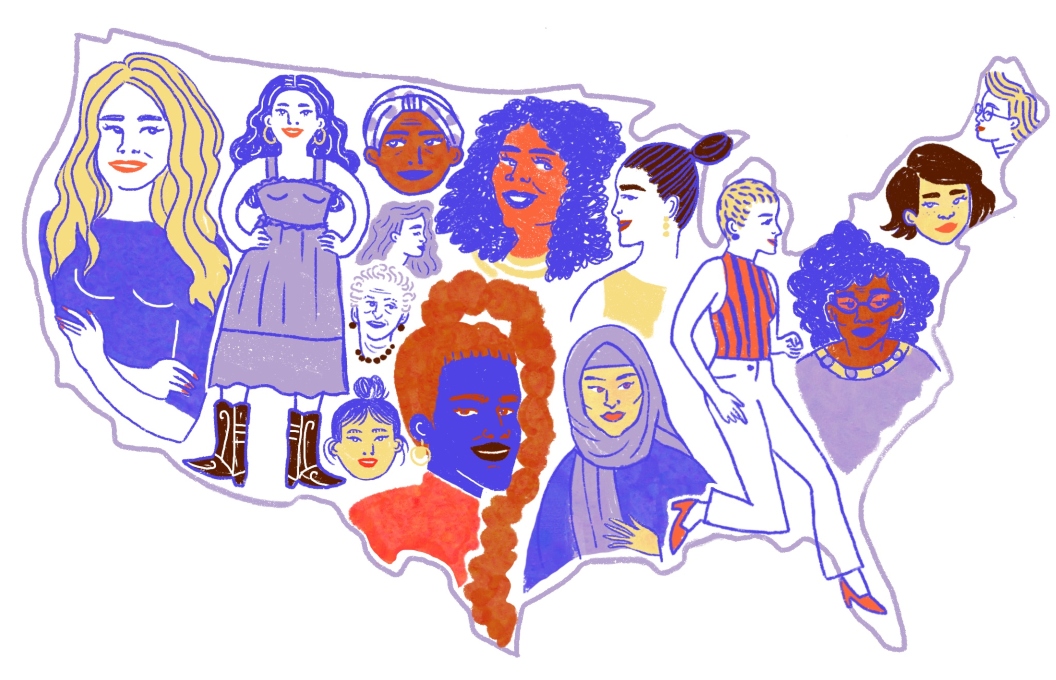
6 in 10
A study conducted by the Pew Research Center in 2019 reported that 6 in 10 Americans believe the U.S. population’s racial and ethnic diversity has a positive impact on U.S. culture.
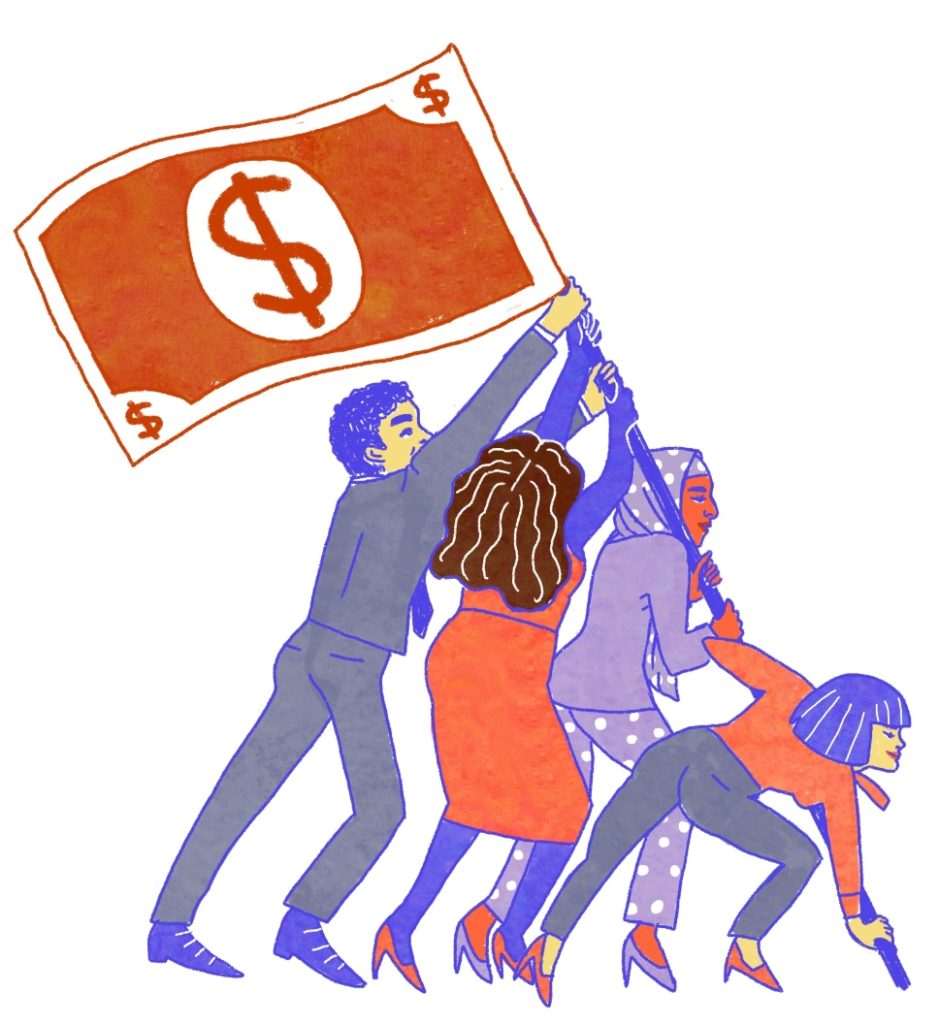
35%
In McKinsey & Company’s latest find, Diversity Matters, they report that companies among the top quartile for ethnic and racial diversity are 35% more likely to generate financial returns over the industry median.
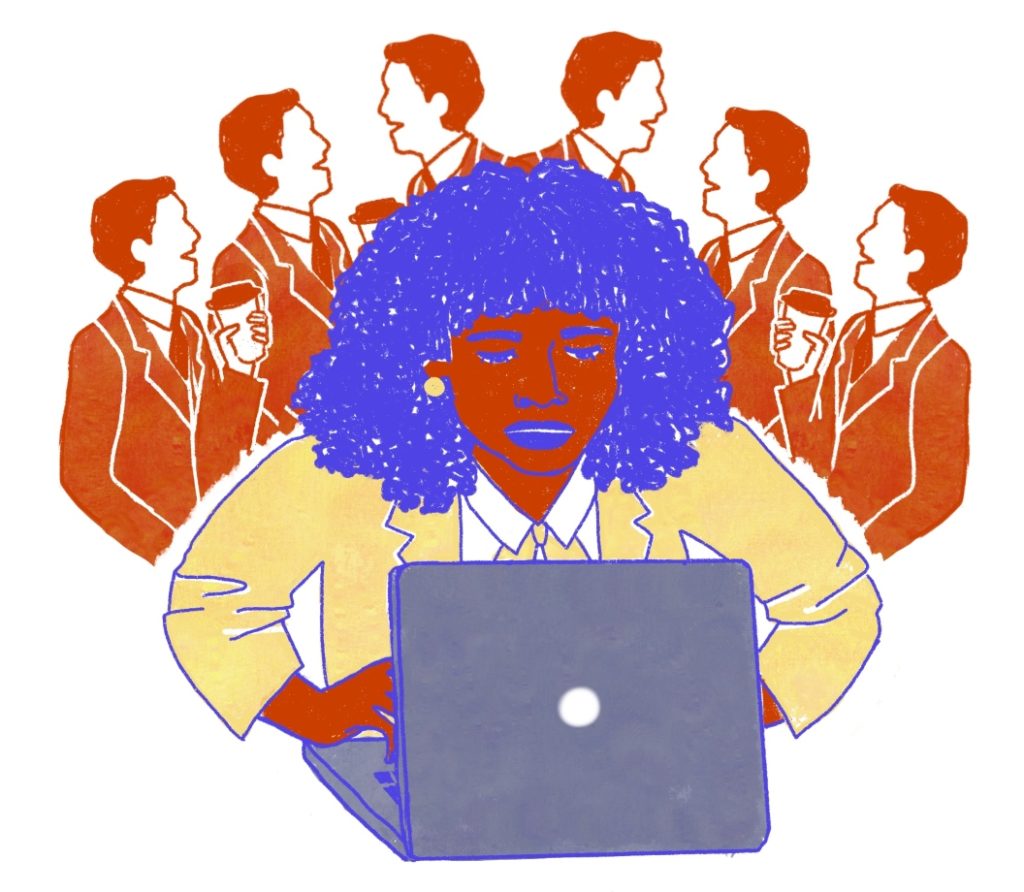
60%
A Catalyst report surveyed 1,569 professionals in corporate and noncorporate roles; the findings showed that 60% of people of color experienced the emotional tax while in the workplace. The emotional tax is defined as “the heightened experience of being treated differently from peers due to race/ethnicity or gender, triggering adverse effects on health and feelings of isolation and making it difficult to thrive at work.”
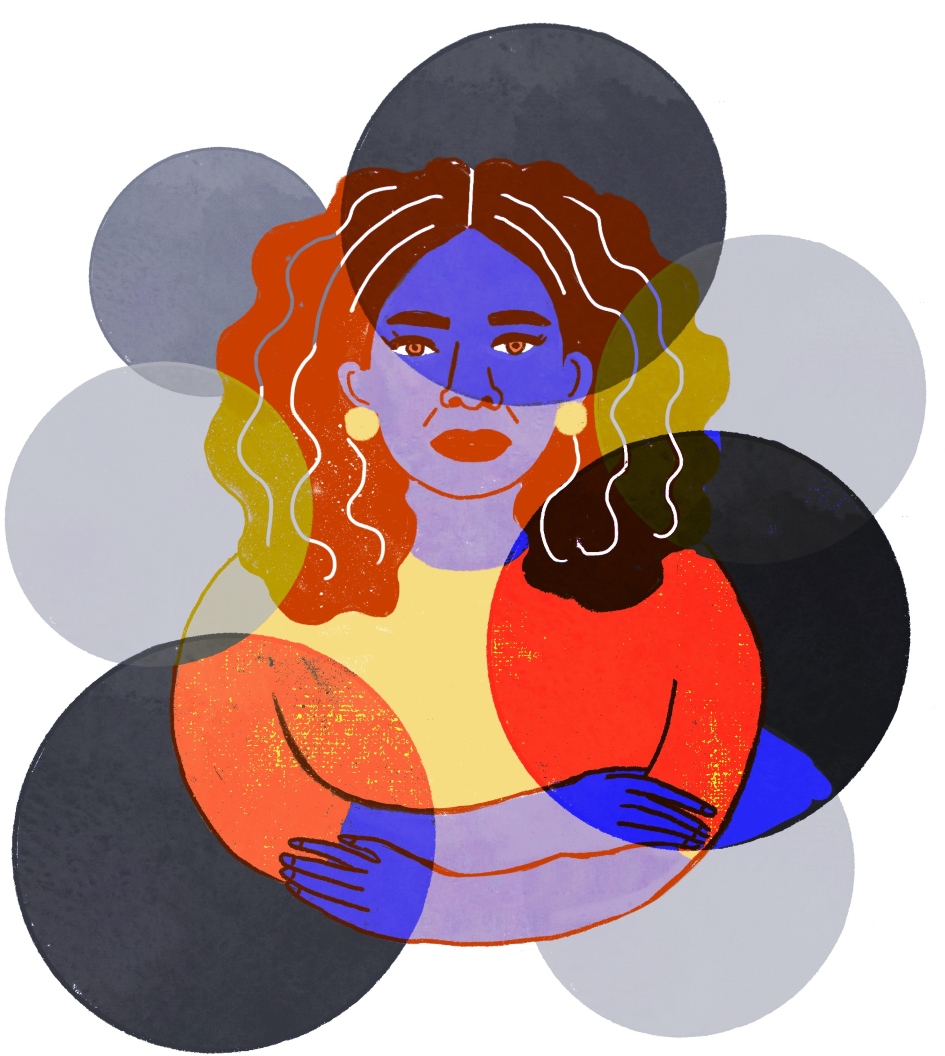
1989
Lawyer, civil rights advocate and full-time UCLA School of Law and Columbia Law School professor Kimberlé Crenshaw coined the term “intersectionality” in 1989. This was a means to explain the oppression African American women faced in society. Intersectionality refers to the framework for understanding the manner in which a person’s varying identities intersect and result in different outcomes for each person.
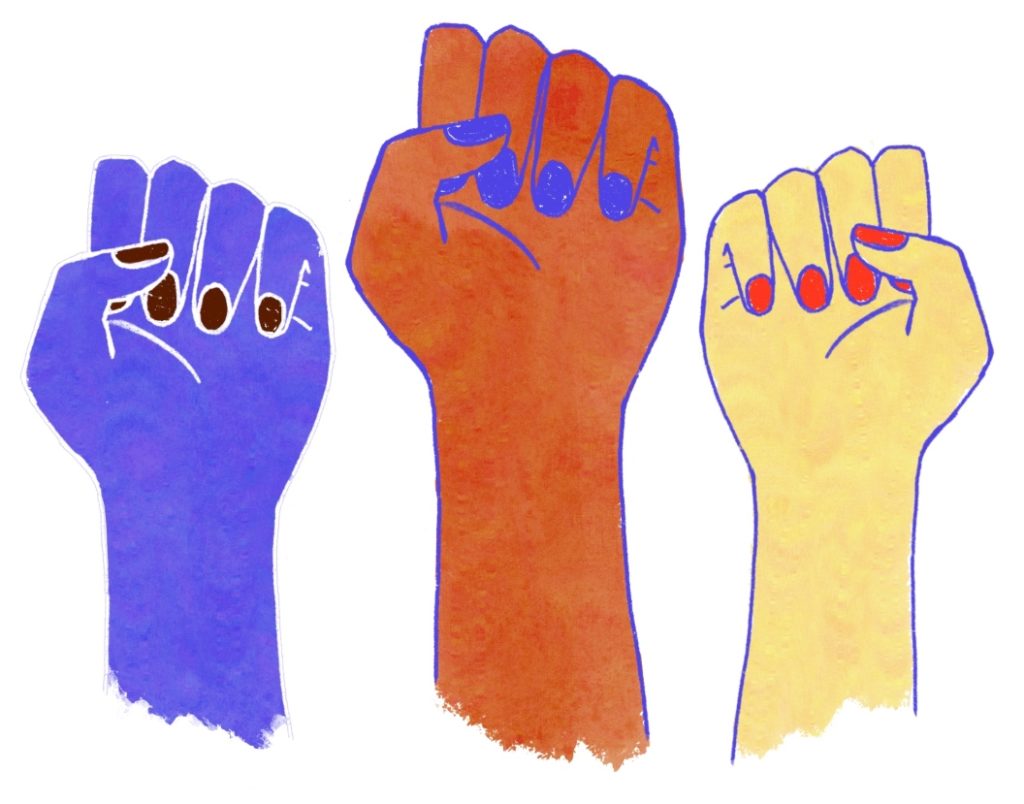
4500
The YWCA Greater Austin’s mission is to “eliminate racism, empower women, stand up for social justice, help families and strengthen communities.” The YWCA Greater Austin has annually served over 4500 women, girls and families.

